Window Air Conditioner With Air Purifier

Frequently Asked Questions About Window Air Conditioners with Air Purifiers
This guide answers common questions about window air conditioners that also include air purification features, helping you decide if one is right for your needs.
Q: What exactly is a window air conditioner with an air purifier?
A window air conditioner with an air purifier is essentially a two-in-one appliance. It combines the cooling capabilities of a standard window AC unit with the air cleaning functions of an air purifier. It cools your room while simultaneously removing airborne particles such as dust, pollen, smoke, and pet dander. This makes it an excellent choice for individuals with allergies, asthma, or anyone concerned about indoor air quality.
- Cooling: Functions like a regular window AC unit, removing heat from the room.
- Air Purification: Uses filters to capture and remove pollutants from the air.
Q: How effective are the air purification features compared to a dedicated air purifier?
While a window AC with an air purifier offers convenience, it's important to understand the differences compared to a dedicated air purifier. Generally, a dedicated air purifier will often have a more robust filtration system and a higher air exchange rate, making it more effective at cleaning the air in a room. However, a window AC with an air purifier can still significantly improve air quality, especially when used regularly. The effectiveness depends on the specific model, the type of filter used (e.g., HEPA), and the size of the room.
Here's a breakdown to consider:
- Filtration Power: Dedicated air purifiers often use multi-stage filtration systems for superior cleaning.
- Air Exchange Rate (ACH): Dedicated units generally have a higher ACH, meaning they clean the air more times per hour.
- Convenience: AC units with air purification offer space-saving and cooling benefits.
Consider your priorities. If air purification is your primary concern, a dedicated unit might be better. If you need cooling and a reasonable level of air purification in one device, a window AC with this feature is a solid choice.
Q: What types of air filters are used in these window AC units? And how often do they need to be replaced or cleaned?
The type of air filter used in a window AC with an air purifier significantly impacts its effectiveness. Common filter types include:
- Pre-filters: These are often washable and capture larger particles like dust and pet hair. They extend the life of other filters.
- Activated Carbon Filters: These filters absorb odors, gases, and VOCs (volatile organic compounds).
- HEPA Filters: High-Efficiency Particulate Air (HEPA) filters are the gold standard. They capture 99.97% of particles 0.3 microns in size, including pollen, mold spores, and some bacteria.
- Antimicrobial Filters: These filters inhibit the growth of bacteria, mold, and mildew on the filter itself.
Maintenance Frequency:
- Pre-filters: Should be cleaned every 2-4 weeks, depending on the environment. Wash with mild soap and water.
- Activated Carbon Filters: Typically need to be replaced every 3-6 months, depending on usage and air quality.
- HEPA Filters: Usually need to be replaced every 6-12 months. Always follow the manufacturer's recommendations.
Important Note: Always consult the manufacturer's instructions for your specific model. Using the wrong replacement filter or neglecting maintenance can reduce the unit's effectiveness and lifespan.
Q: Are window air conditioners with air purifiers more expensive to operate than standard window AC units?
The energy consumption of a window AC with an air purifier depends on several factors, including:
- Cooling Capacity (BTU): Higher BTU units consume more power.
- Energy Efficiency Rating (EER): Look for models with a higher EER for better energy efficiency.
- Usage: How often and how long you run the unit.
- Air Purifier Settings: Some units allow you to run the air purifier independently of the cooling function, which uses less energy.
Comparison:
Generally, a window AC with an air purifier might consume slightly more energy than a standard unit with the same BTU rating. This is because the air purification components require additional power. However, the difference is often marginal, especially if you use the air purifier feature sparingly or on a low setting. Look for models with the Energy Star certification to ensure optimal energy efficiency.
Reducing Operating Costs:
- Use the unit only when necessary.
- Keep windows and doors closed to prevent heat from entering the room.
- Clean filters regularly to ensure optimal airflow and efficiency.
- Use a programmable thermostat or timer to control the unit's operation.
Q: What size unit do I need for my room? How do I determine the appropriate BTU rating?
Choosing the right size window AC unit is crucial for effective cooling and energy efficiency. An undersized unit will struggle to cool the room, while an oversized unit will cycle on and off frequently, wasting energy and potentially leading to humidity issues.
Determining BTU Rating:
BTU (British Thermal Units) measures the cooling capacity of the unit. Here's a general guideline based on room size:
- 100-150 sq ft: 5,000-6,000 BTU
- 150-250 sq ft: 6,000-8,000 BTU
- 250-300 sq ft: 8,000-10,000 BTU
- 300-350 sq ft: 10,000-12,000 BTU
- 350-400 sq ft: 12,000-14,000 BTU
- 400-450 sq ft: 14,000-18,000 BTU
Factors to Consider:
- Room Height: Rooms with high ceilings require more BTUs.
- Sun Exposure: Rooms with more sunlight need a higher BTU rating.
- Number of Occupants: More people generate more heat.
- Appliances: Heat-generating appliances (e.g., computers, ovens) increase cooling needs.
- Insulation: Poorly insulated rooms lose more cool air.
Professional Advice: If you're unsure about the appropriate BTU rating, consult with an HVAC professional for personalized recommendations.
Q: Are there any potential drawbacks to consider before purchasing a window air conditioner with an air purifier?
While these units offer several benefits, it's essential to be aware of potential drawbacks:
- Noise: Window AC units, in general, can be noisy, especially older models or those running at high speeds. The air purifier function may add slightly to the noise level.
- Maintenance: Regular filter cleaning and replacement are necessary to maintain optimal performance. Neglecting maintenance can lead to reduced air quality and efficiency.
- Limited Air Purification Coverage: The air purification capabilities are typically limited to the room where the unit is installed. It won't clean the air in your entire home.
- Initial Cost: Window AC units with air purification features often have a higher upfront cost compared to standard models.
- Window Obstruction: The unit will block a portion of your window, potentially reducing natural light and views.
- Installation: Proper installation is crucial to prevent air leaks and ensure safe operation. Improper installation can lead to reduced efficiency and potential hazards.
Q: What are some important features to look for when choosing a window air conditioner with an air purifier?
To make an informed decision, consider these key features:
- BTU Rating: Ensure it's appropriate for your room size.
- EER (Energy Efficiency Ratio): Choose a model with a high EER for energy savings.
- Filter Type: Look for models with HEPA filters for effective particle removal. Consider activated carbon filters for odor control.
- Airflow: Higher airflow indicates better air circulation and purification.
- Noise Level: Check the decibel rating. Lower is better.
- Fan Speeds: Multiple fan speeds allow you to customize airflow and noise levels.
- Timer: A timer allows you to schedule the unit's operation.
- Remote Control: A remote control offers convenient operation.
- Sleep Mode: Sleep mode reduces noise and energy consumption while you sleep.
- Smart Features: Some models offer smart features like Wi-Fi connectivity and app control.
- Warranty: A good warranty provides peace of mind.
- Easy Filter Access: Look for a unit with easy access to the filters for convenient cleaning and replacement.
- Certifications: Look for Energy Star certification and AHAM (Association of Home Appliance Manufacturers) certification for verified performance.
By carefully considering these factors, you can select a window air conditioner with an air purifier that meets your specific needs and provides both cooling and improved indoor air quality.
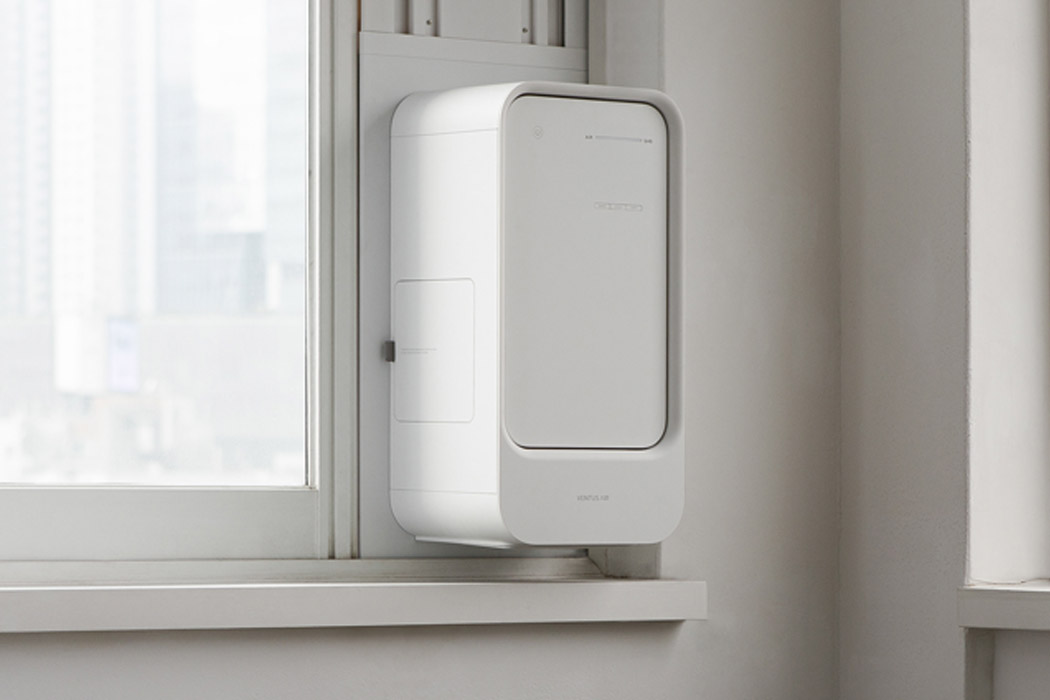

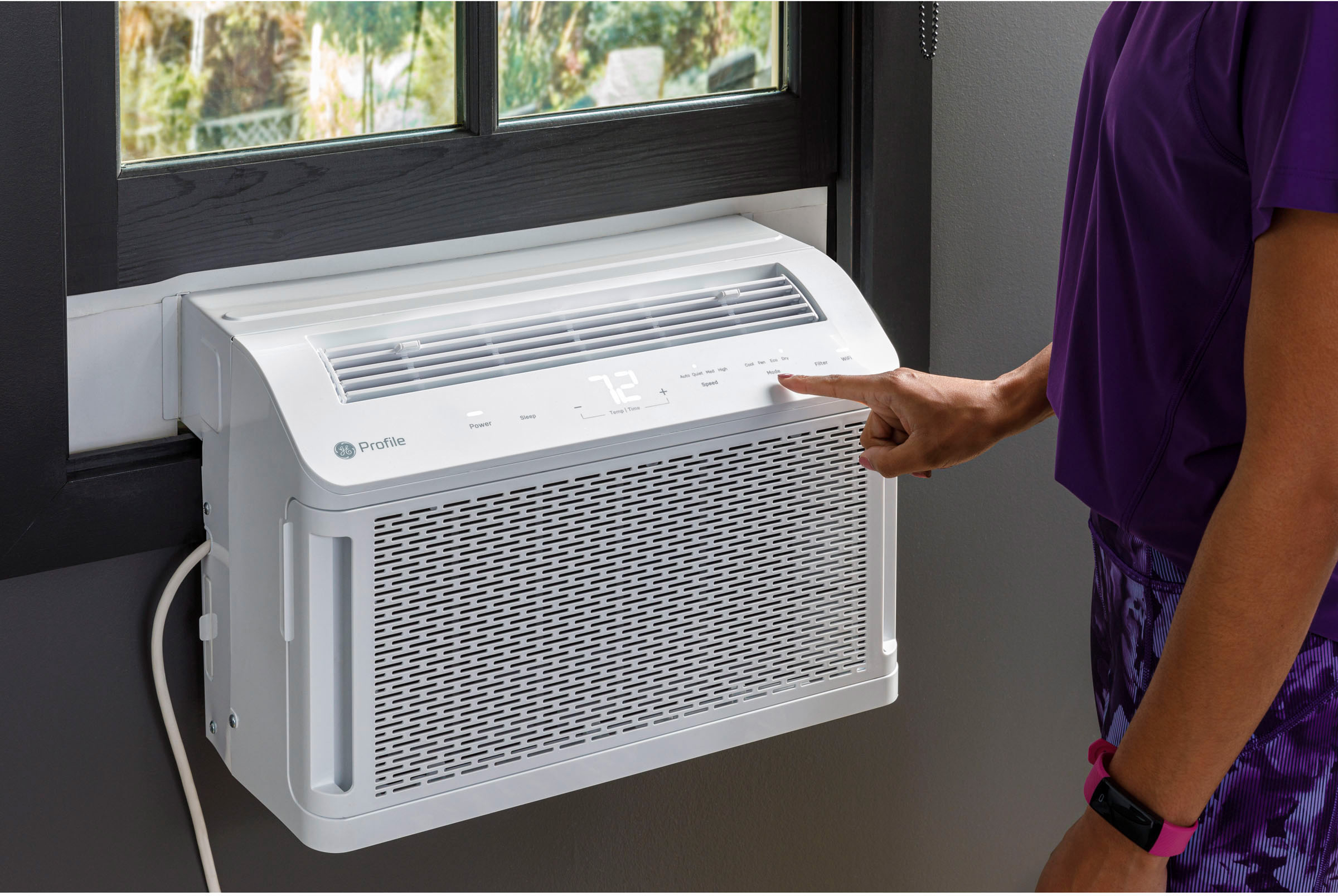
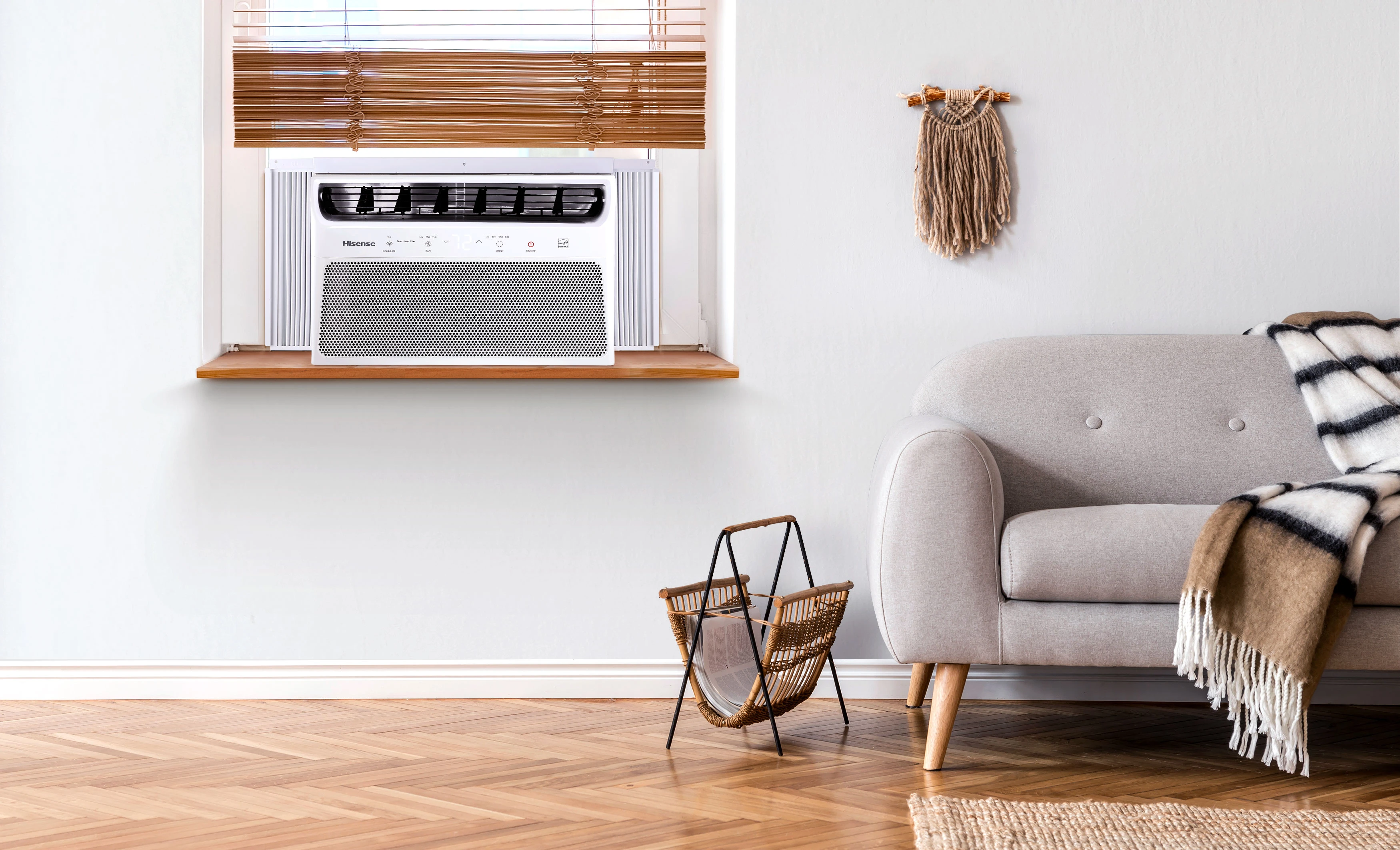
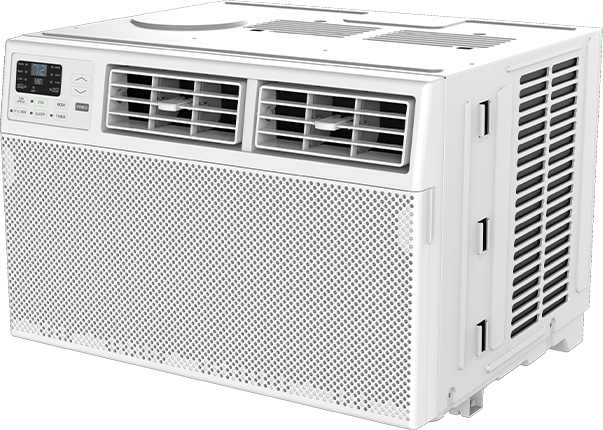
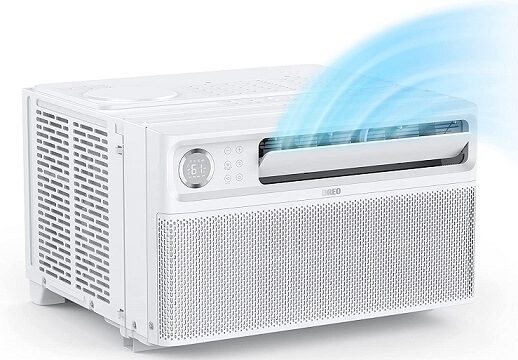
:max_bytes(150000):strip_icc()/soleus-ws3-06e-201-6000-btu-saddle-window-air-conditioner-3aaac5575b5f4d1eb6de63ea06a936a8.jpg)



